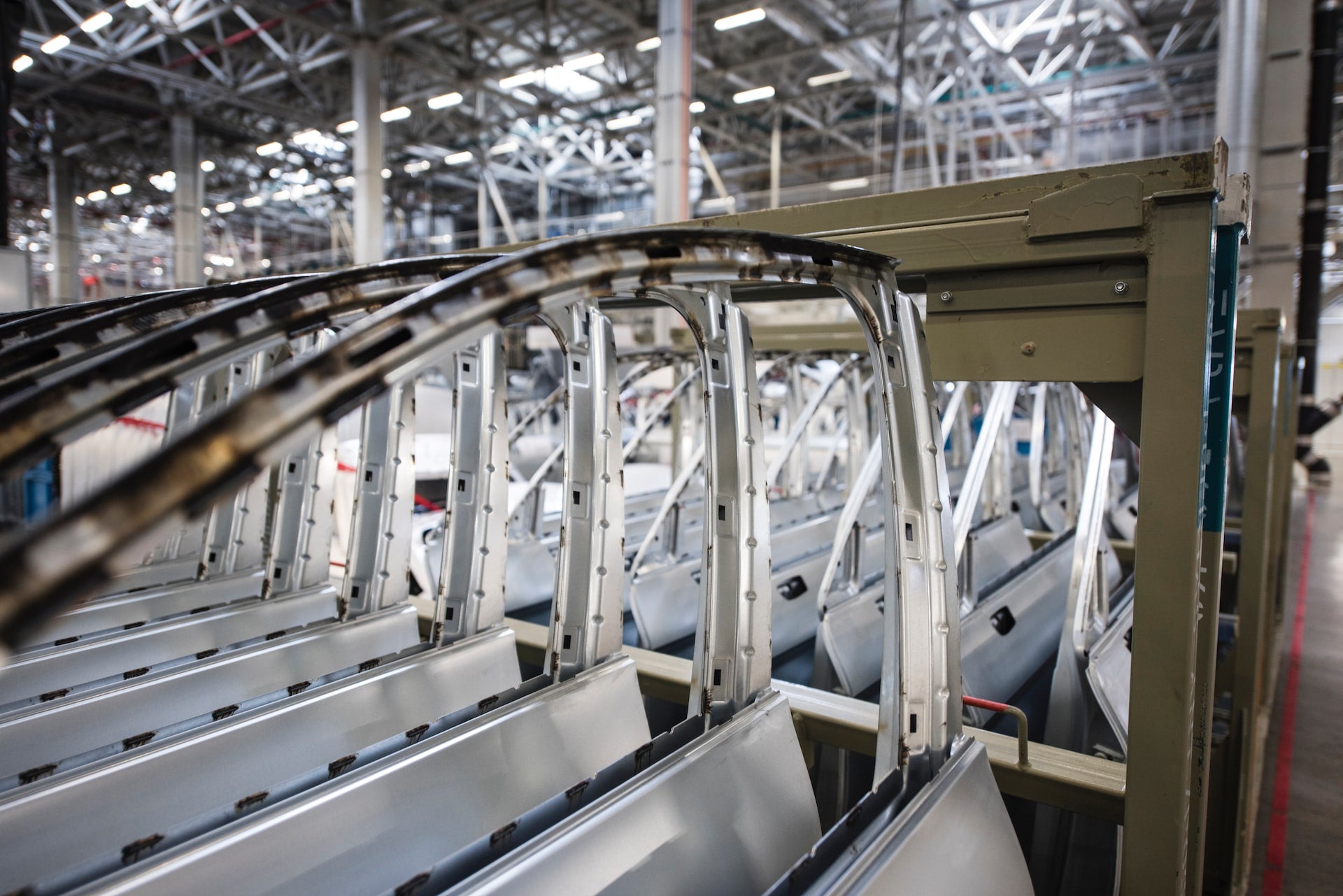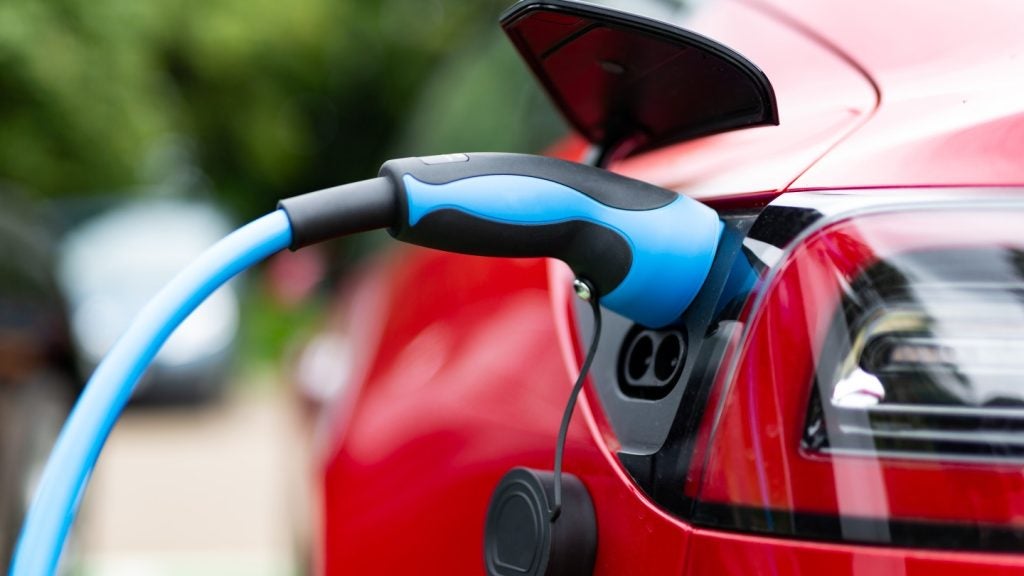
Car manufacturing in the UK fell by 6% in September 2022, the latest data by the Society of Motor Manufacturers and Traders (SMMT) shows.
Data shows 63,125 vehicles were produced last month as the output was hampered by severe supply chain issues.
The supply chain constraints also drove down volumes by 47.7% from the 120,729 cars built in the same month in pre-Covid 2019.
Exports during September 2022 were down by 7.4% to 48,956 vehicles due to reductions in shipments to the US, EU, and China.
Meanwhile, exports to South Korea, Australia and Turkey increased during the last month.
There was a marginal 0.9% drop in the number of units built for the UK market to 14,169.
In contrast, the production of battery electric (BEV), plug-in hybrid (PHEV) and hybrid (HEV) vehicles in the UK continued to rise to 9.9% combined.
Particularly, BEV output surged 16.6% to 8,856 units in September. Year-to-date data shows that the UK car factories have manufactured 52,888 BEVs, up almost a fifth (19.3%) in comparison with the first nine months last year.
New analysis shows that EV exports up 110.4% since 2017, with value rising six-fold from £1.3bn to £7.9bn.
SMMT chief executive Mike Hawes said: “Billions of pounds and thousands of jobs are dependent on the automotive sector and, increasingly, on electrified vehicle production. Despite the current challenges, our car makers remain resilient and are well-placed to ramp up the output of the latest, zero-emission vehicles which will help drive an economic recovery, create jobs and boost growth.
“Success is not guaranteed, however, and to realise its potential the UK sector must attract new investment – which means creating competitive investment conditions. Stability, combined with a plan that tackles critical skills shortages, delivers regulatory certainty and brings down the cost of energy in the long-term can help put the UK at the forefront of next-generation automotive manufacturing.”







